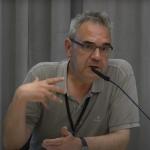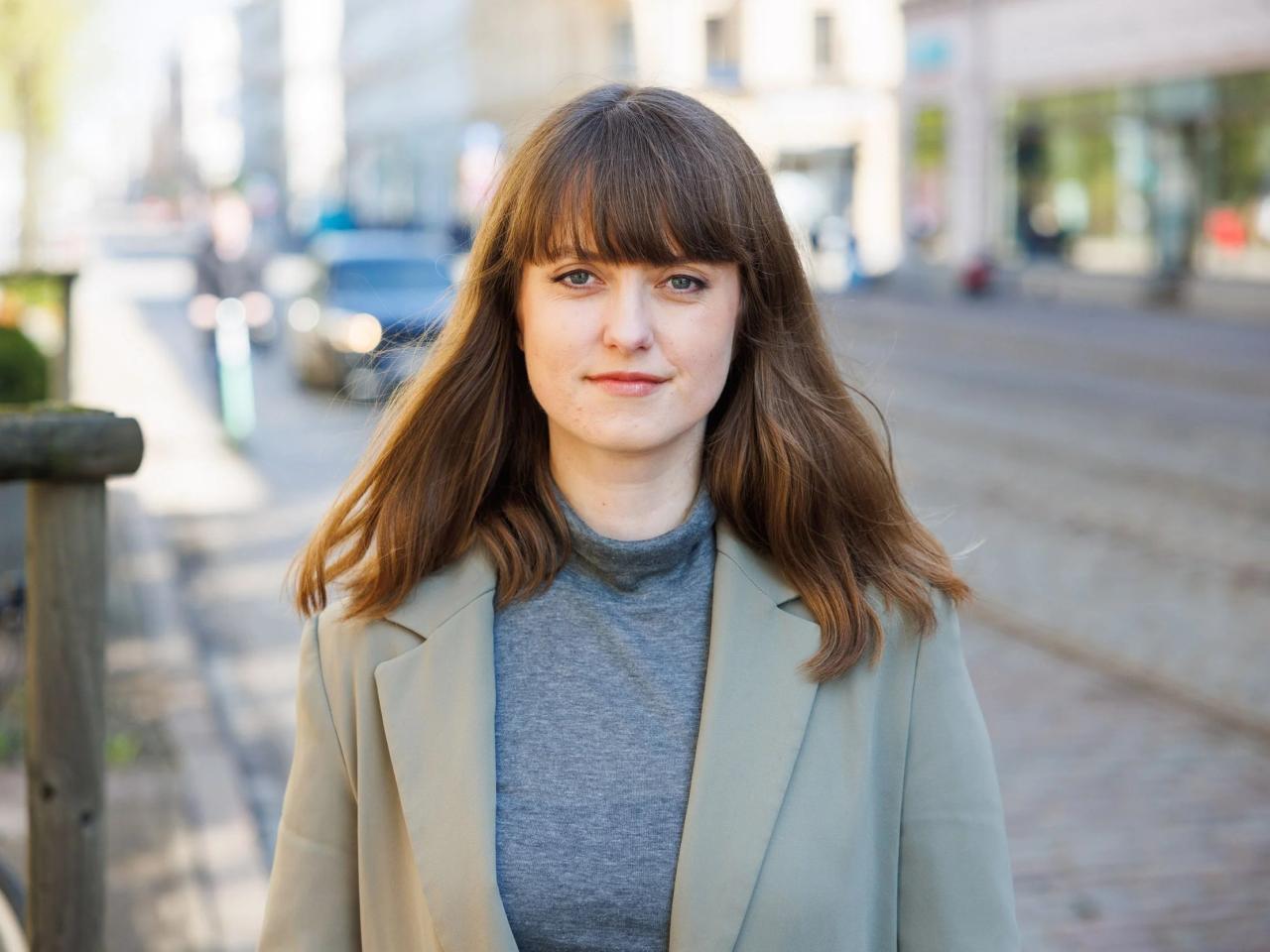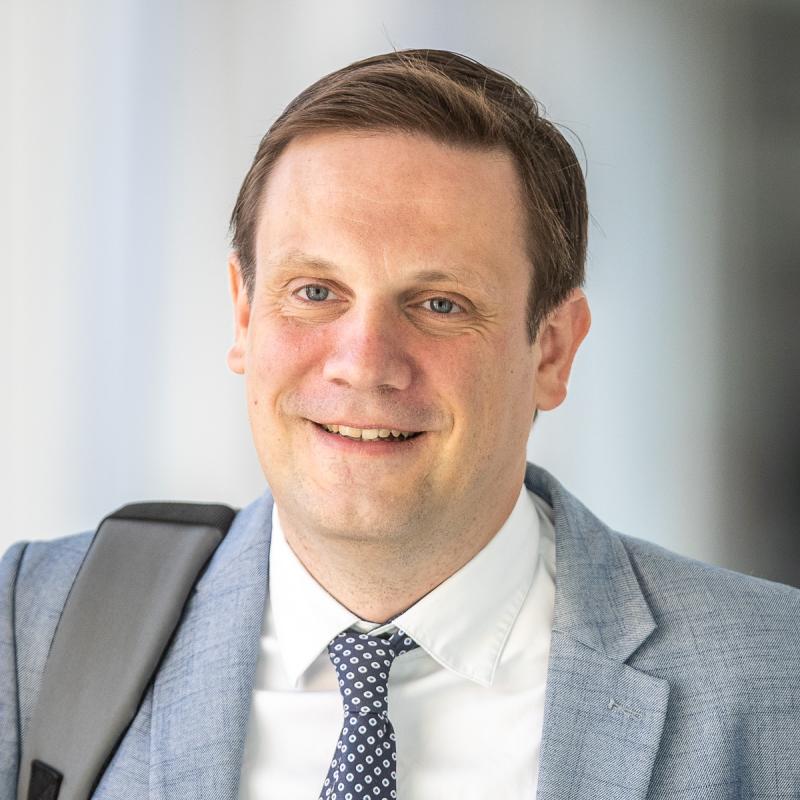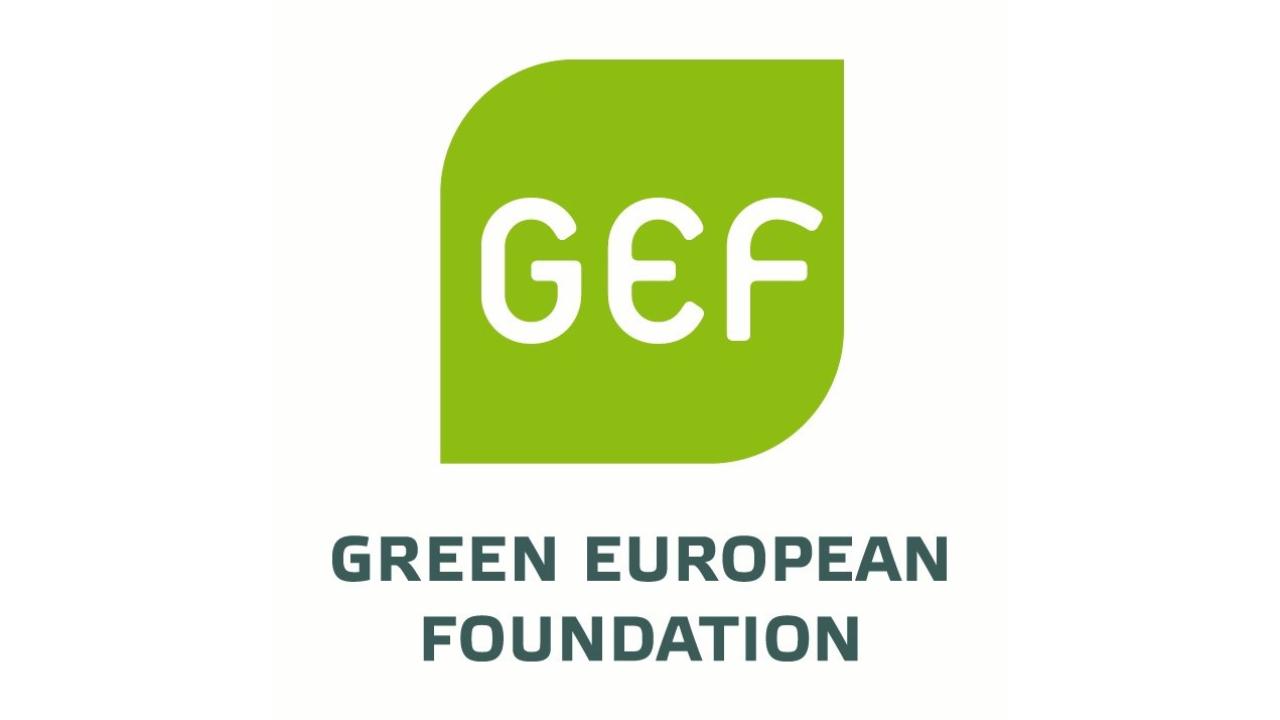Justīne: “I'm less of a romanticist than Tomas. For a long time, at least in Latvia, talk of European solidarity and the common striving for democracy was dismissed as empty words from Brussels. Instead of daydreaming about Europe, we needed to pave our roads and tackle the glaring inequalities in our societies. But the Russian full-scale invasion of Ukraine dramatically changed that. Suddenly, we are mentally, emotionally and financially committed to people we've never met, in a country we’ve probably never visited, and we are doing everything we can for them. Because they are fighting for what we stand for. I like to think that is something very European. Only now do we feel that we are not alone but part of something greater: the project of Europe.”
Is this an expression of the ‘neo-idealism’ that security analyst Benjamin Tallis sees emerging in Central and Eastern Europe? An approach to geopolitics grounded in the power of values such as democracy, human rights, and the right to self-determination, by his definition.
Tomas: “I like the concept of neo-idealism, even though it’s quite academic. We know it as values-based foreign policy. In many ways, Lithuania is representative of this approach, especially when it comes to Russia and Ukraine. Other foreign policy issues get more easily caught up in political disputes. We might disagree on the values we wish to defend or the sacrifices we are willing to make. For example, our previous government incurred the wrath of autocratic China because it sought rapprochement with democratic Taiwan. I was a fan of this policy, but it was fiercely contested.”
Justīne: “I think the rise of populists and outright autocrats calls for a new idealism, as an antidote. Populists and autocrats diminish the role of truths and facts. They exploit and fuel cynicism, detachment from society, in order to create a system that first and foremost benefits themselves. People who refuse to fall for their lies and hatred will be attracted to leaders – not necessarily politicians – who demonstrate bravery, who break through apathy, who create and facilitate hope. Centrist politics will be less in demand.
In my day-to-day politics, there is little room for new ideals. But if I take a step back and think about where we are and what we're going to see over the next few years, about what we as green and progressive parties should really prioritise, I also come to the conclusion that we need to offer idealistic leadership to citizens. We need leaders who are able to both take on the populists and autocrats and bring people together around bold ideas.”
Tomas, you call yourself the only ‘degrowther’ in the Lithuanian parliament. Can degrowth be reconciled with neo-idealism?
Tomas: “One of the possible reasons why Europe struggles to unite against autocrats and oligarchs might be our prioritisation of material wealth over the values that constitute our common historical legacy. We must also realise that most future conflicts and wars will be over natural resources. This should force us to rethink our production and consumption and work for a global system that distributes these resources in an equitable way. We could still have a thriving economy if we developed public and private services that are less resource-intensive.”
Justīne: “The fact that Latvia’s GDP has – like Lithuania’s – roughly doubled since EU accession has brought prosperity to many people. It has allowed us to survive in the post-Soviet world and to invest in defence and other public goods. So although there is room for degrowth or post-growth ideas within my party, these ideas will not fly in Latvian politics more broadly. Furthermore, in a globalised economy, a small country like ours cannot effectively pursue degrowth policies. If you want to gradually change ideas, to mount a challenge to over-consumption, you should perhaps tap into the frugal practicality that can still be seen among our parents and grandparents. In Soviet times, they had to develop a talent for tinkering in order to survive with almost nothing.”



